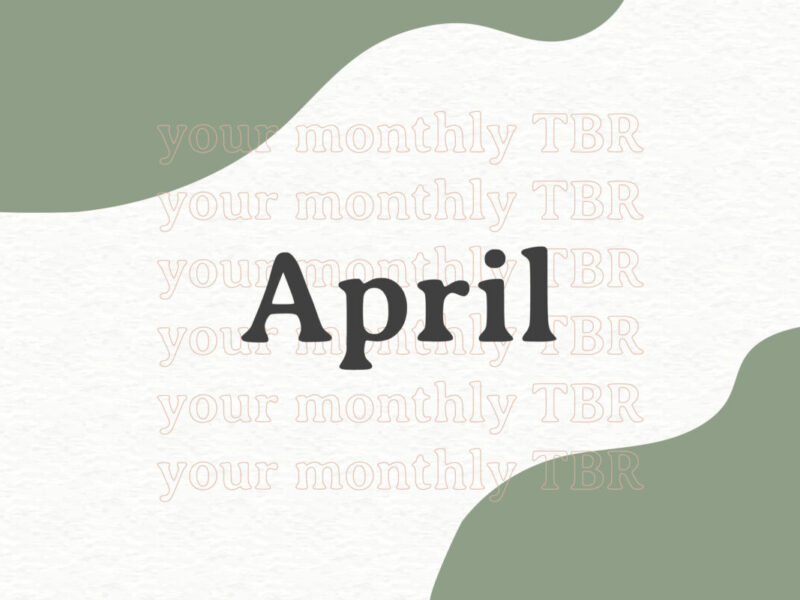7 Spirited December Writing Prompts for Poets
Finding inspiration can be difficult for all poets, whether they’ve been writing for weeks or for years. Turning to seasonal images and ideas can make the process easier and more festive. Whether it’s the swirling snow outside, the bundle of presents under a tree, or a sizzling pan of latkes, your favorite winter traditions make for detailed and atmospheric poetry fodder. Get started with these suggestions.
Reflect on a favorite gift you’ve given or received.
Presents can help us recall special memories. What gift have you been most excited to unwrap or give to someone on Hanukkah, Christmas, or Kwanzaa? Write about it in detail, including how the gift sparked an emotional reaction.
Write about a memorable holiday object.
A dreidel, gelt, Christmas tree, or family heirloom can have fascinating, highly personal symbolism. Trace these objects throughout history, or write persona poems from their point of view. Start a poem with a favorite memory involving one of these objects, or write about how they’ve been passed down.
Savor a seasonal snack or food.
Food conveys culture, heritage, and meaning. The taste of a traditional dish can catapult us back to a past holiday, help us remember loved ones, and so much more. Whether you favor Christmas cookies, jelly doughnuts, or gumbo, bring its flavor, its scent, and the ritual of its preparation to your poetry. Consider writing a recipe poem full of active, culinary verbs and richly described ingredients.
Write about a beloved December tradition.
Do you go ice skating every year, watch the same holiday movie, or decorate with family? Incorporate these beloved rituals and activities into a poem. Make the reader feel like part of the moment through enriching specifics. Who takes part in this tradition with you? How long has it been a part of your winter? What’s its origin story or how did it begin?
Mix ancient and modern symbolism.
The holidays we celebrate today have changed significantly throughout time. Dig into your holiday’s origins and use a scripture, hymn, or historical anecdote to inform your poetry. This can work even for poets who are not religious and can manifest in a variety of creative ways. Insert yourself into the story behind the holiday; think about what the three wisemen or the Maccabees might experience in our present-day landscape.
Use song lyrics as a starting point.
Poetry and song have a lot in common. Take advantage of these rhythmic, lilting similarities in your next writing exercise. Begin a poem with a song lyric, or intersperse song lyrics throughout—just make sure to give credit to the original source material! Other ideas include rewriting a treasured holiday song from a new perspective. What might another reindeer sing about Rudolph? How would St. Nick respond to the popular “Santa Baby?” Poets can also play with contrasting tones. Write a happy poem that incorporates excerpts from a sad song, or vice versa. How does this duality make your poetry sing?
Give your seasonal poem a sense of place.
The holidays look different depending on where we’re spending them. Are you anticipating a Christmas morning without snow or eight crazy nights of Midwestern weather? Allow this to seep into your poetry and develop a clear, unexpected setting. If you’re spending the holidays out of town, returning to your childhood home, or not traveling for the first time this year, write about how these locales color the holiday.
Happy writing and happy holidays from Read Poetry!




